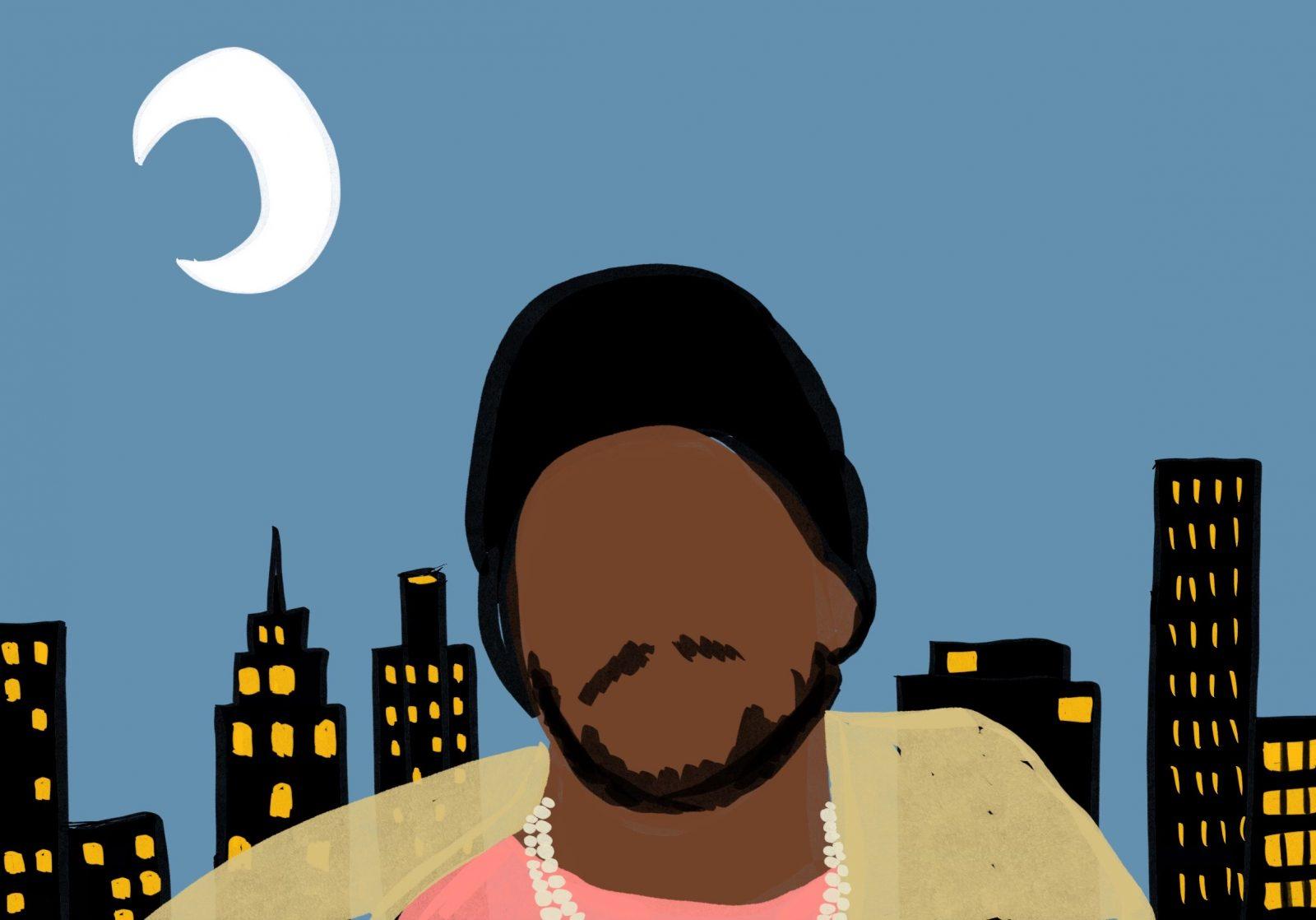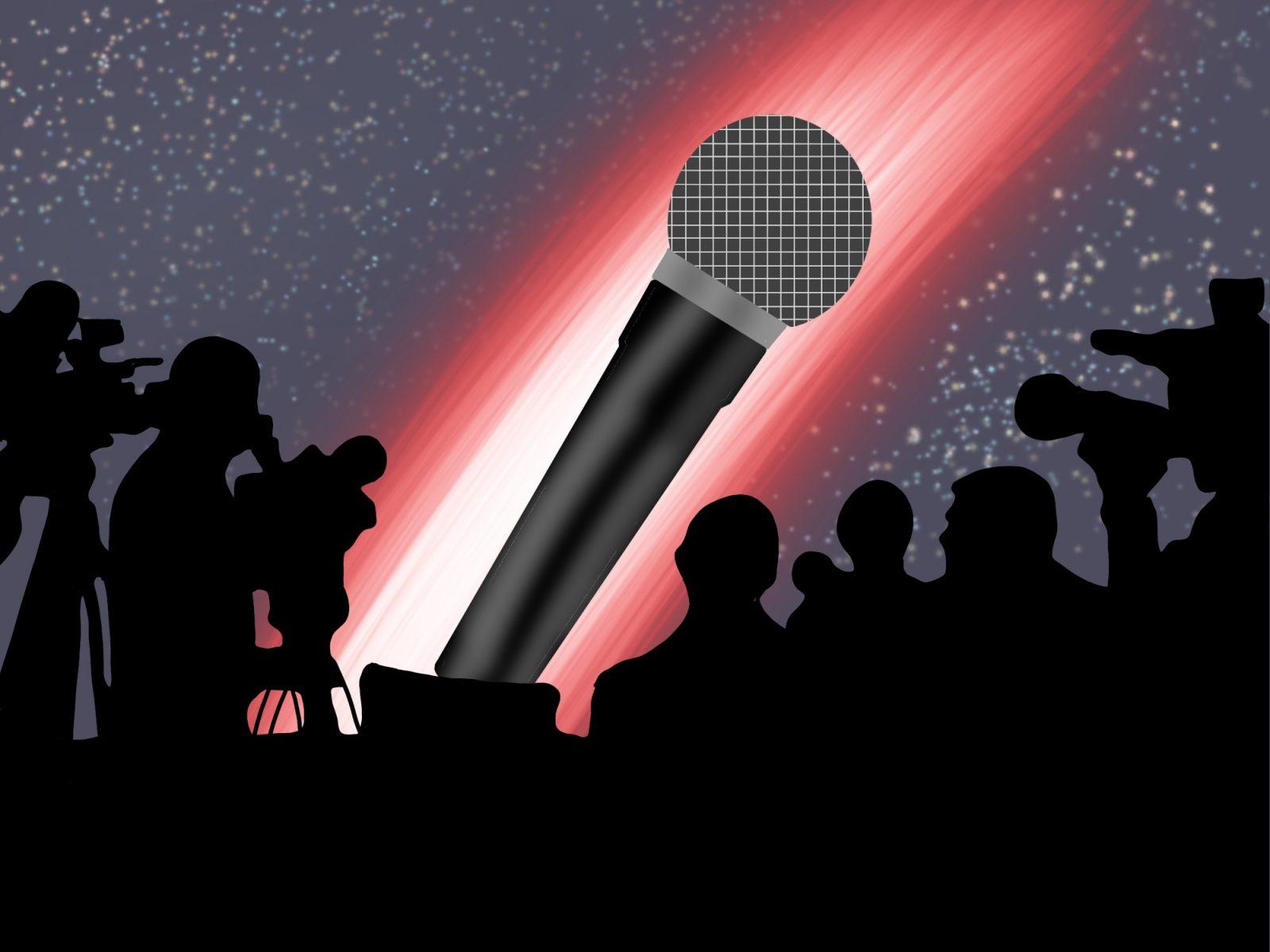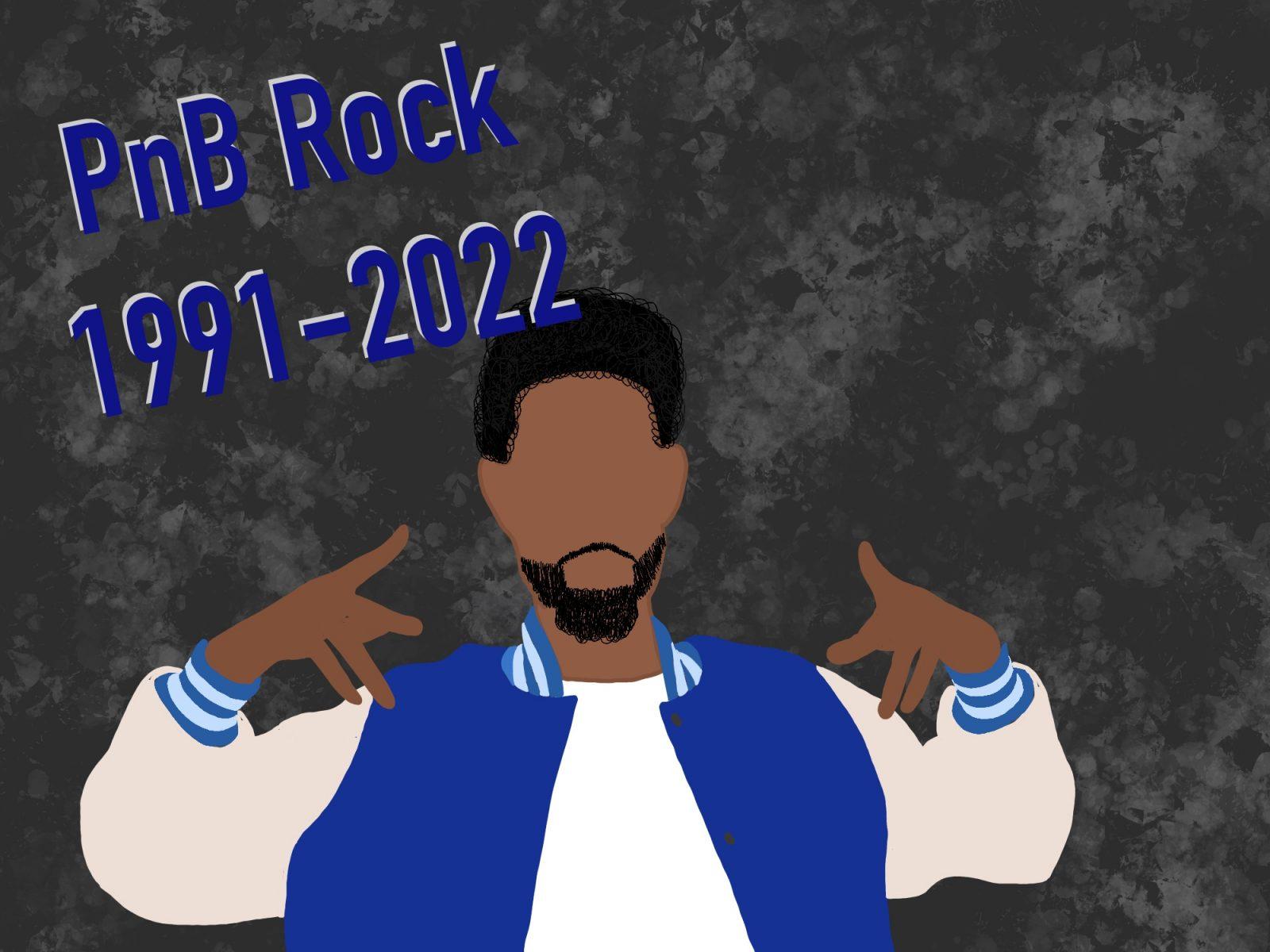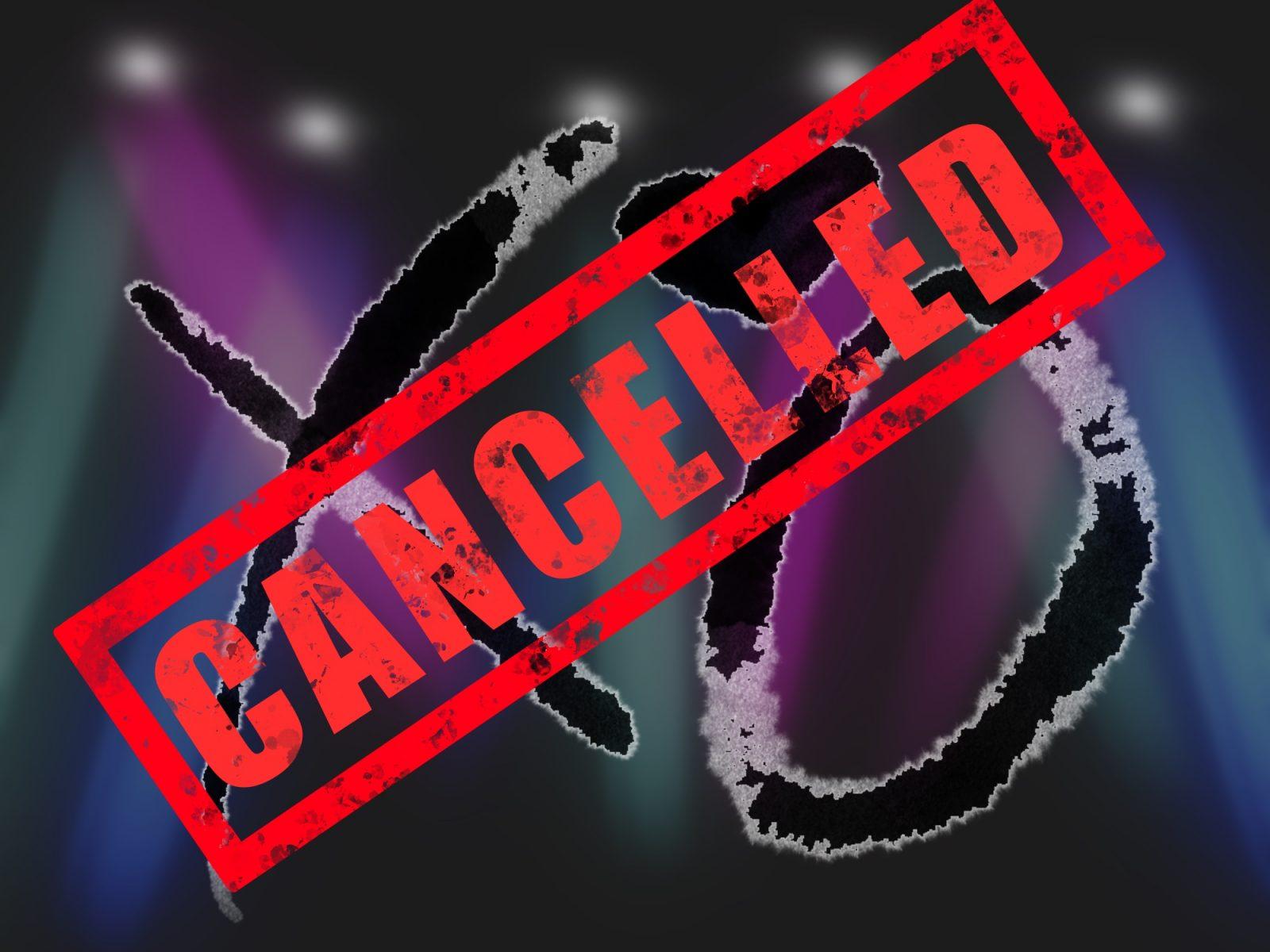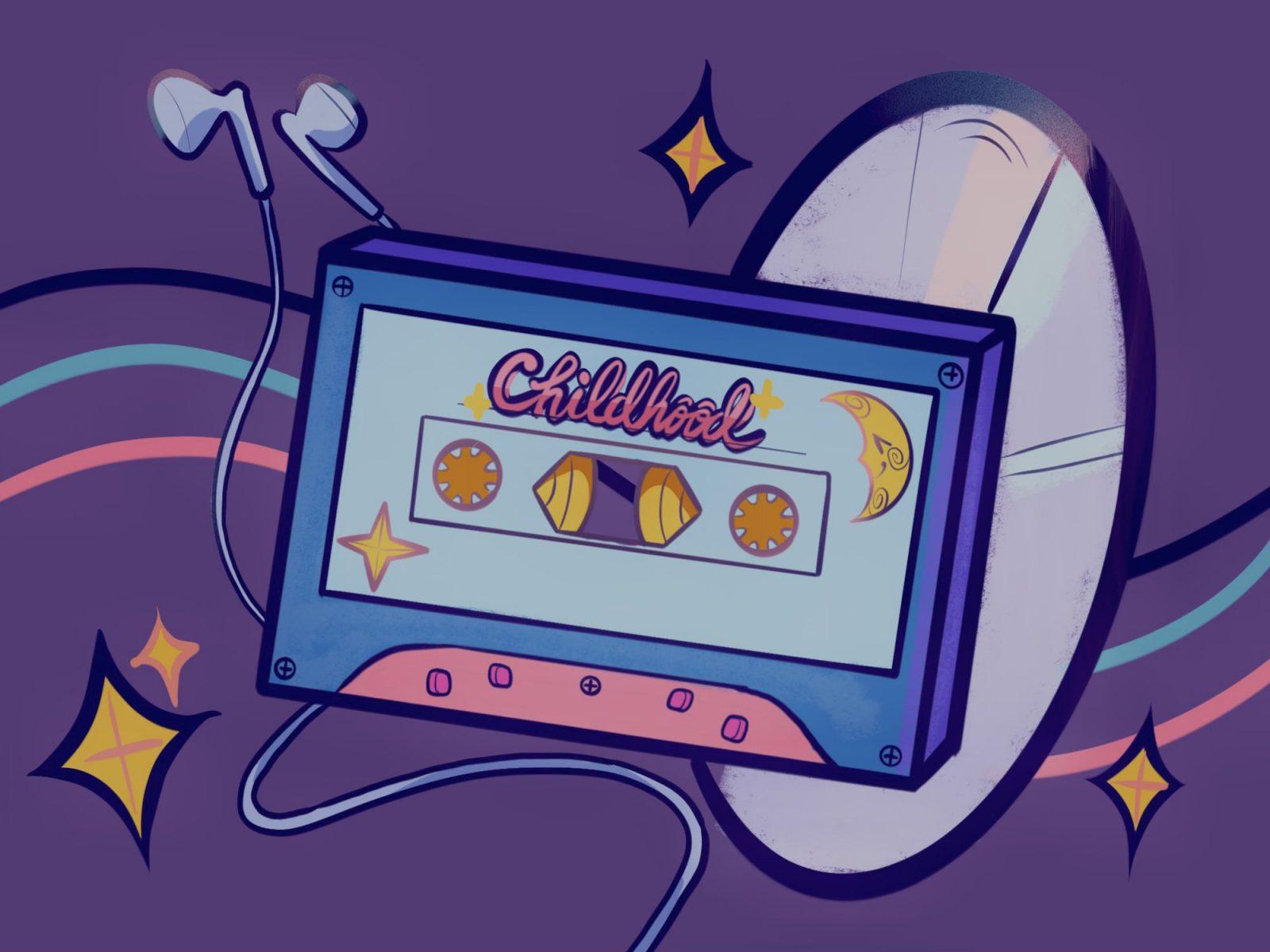Everyone loves a good music video. The explosion of YouTube in the late 2000s paved the way for the form to explode after MTV reached its dog days. Odds are that most members of Generation Z hold at least one music video near and dear to their hearts.
While one person dives further into the rabbit hole of symbolic choreography that is Childish Gambino’s “This Is America,” another lights up a joint and rewatches A$AP Rocky’s “L$D” for the nth time this week. But regardless of whether a young person’s forte is social commentary or pretty colors, they’ve likely come to appreciate music videos for the niche they’ve carved into multimedia at large.
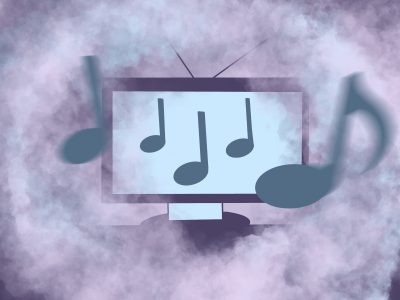
Likewise, artists obviously recognize how powerful a tool a music video is in regard to advertising their craft and widening its reception. Music videos have been the most popular content on YouTube for as long as it has existed. It’s near impossible to find an entry on the platform’s all-time most watched indexes that isn’t marked by an artist’s likeness or a VEVO signature.
2022 saw digital media become a more powerful and far-reaching tool than ever before. With screen time becoming the lifeblood of any day-to-day routine, major artists and labels instinctively initiate promotional cycles with the release of a music video, knowing the millions of views it garners will fuel streaming numbers like a jet engine.
But, as efforts such as “This Is America” prove, music videos cannot be listed off as revenue-maximizing visual complements.
Notably within the sphere of hip-hop, rappers have worked to push storytelling and thematic tracks past the limits of headphones, capitalizing on universal hunger for visual stimulation. This includes templates spanning from Chance The Rapper’s one-take theatrical performance of “Sunday Candy” to real-life home security footage of the SWAT raid that inspired J. Cole’s “Neighbors.”
Music videos have become more than what they entail — while still sparsely found, some have evolved past their blanket understanding into short-form videography and cinematography that offers a story, message or visceral feeling entirely of its own right.
This all said, with both music videos and full-length LPs seeing an emergence or resurgence of conceptual focus, I’ve constantly asked myself why visual albums simply do not exist within the scope of hip-hop. Especially considering its stature as the pinnacle of musical storytelling.
Granted, if you ask most people what a visual album is — they’d look at you funny.
The combination of long-form cinematic and musical formats has been employed for decades, amassing popularity and box office success in the ’80s with project-based musical dramas such as Prince’s “Purple Rain” and Pink Floyd’s “The Wall.”
More recently, Beyoncé — either through sequential music videos or a standalone film format — has centralized Black men and women into confident positions of agency through both “Lemonade” and “Black Is King.”
But even with the 2010s offering some of the most vital concept albums that hip-hop has ever seen — some of the most mainstream being “Igor,” “4 Your Eyez Only” and, of course, the quintessential “To Pimp a Butterfly” — there exists next to no modern, long-form work of the sort in voids that could potentially be filled by timelessly evocative visual vessels.
This is nothing more than a what-if, and hip-hop is undoubtedly a vehicle and entity of its own, but I do wonder what visual albums would do for the genre and culture. There’s simply too rich of an anecdotal, poetic and multiregional foundation within hip-hop for its gift of world-building to not bleed into through-and-through cinematography at some point.
The TDE-led soundtrack to “Black Panther” was a fresh starting point, but the visual hip-hop album — emptied of dialogue, bearing an interactive story existing separately yet closely to music that speaks for itself — would be a sight to behold.
Some of the most powerful music videos I’ve seen to date, accompanying Kendrick’s hotel room-bound breakdown and drunken self-destruction on “u” or Danny Brown’s acknowledgement of powerlessness amid drug-induced impending doom on “Ain’t It Funny,” belong to concept albums that might have been as worthy of an Oscar as they were a Grammy if every track had received the same approach.
My input aside, it’s all up to the artist regarding what they want to do, and I, like much of its younger fanbase, am already pretty satisfied with the current state of hip-hop. The genre plainly exists for itself, and any potential effort to supersede its norms and roots in the sphere of multimedia shouldn’t be to appeal to anyone who is unappreciative of what hip-hop is. That said, I would love it if someone gave it a spin.
























































































































